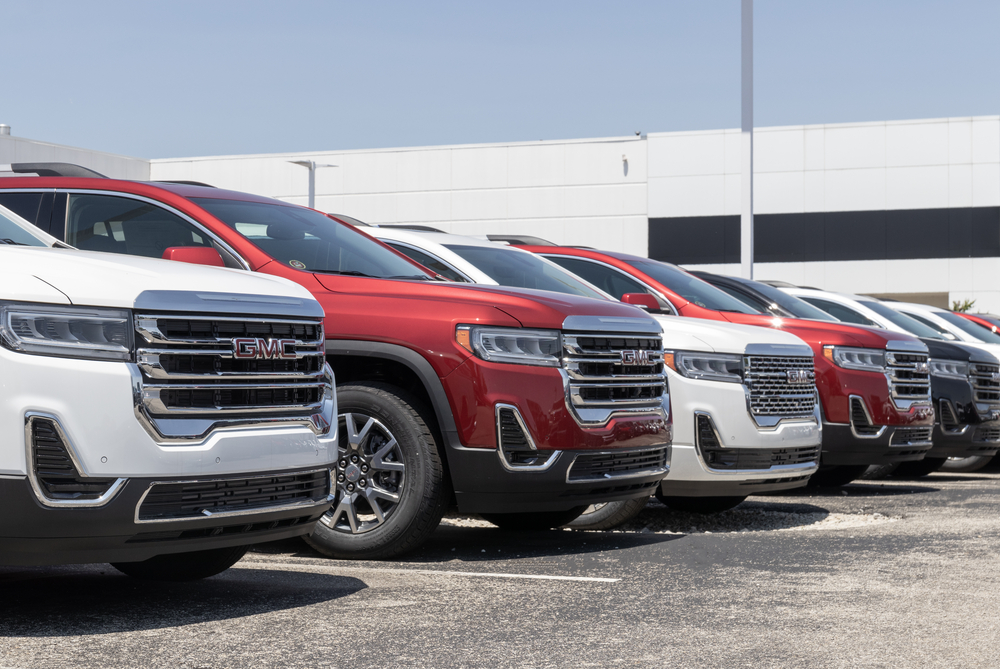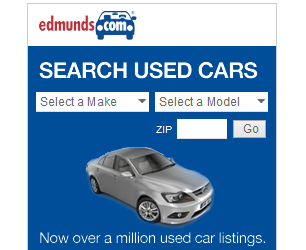What really happens to Lemon Vehicles?
Valerie Raskovic
Jul 02, 2024
A vehicle may be categorized as a lemon when it is determined to have significant manufacturing defects that affect its safety, value or utility. These defects are often irreparable despite multiple attempts to fix them.
Generally, various laws require the manufacturer to repair, replace or refund the purchase of the vehicle if it meets specific criteria. We cannot clearly identify the legal definition of a lemon vehicle because each and every state has different laws with different provisions designed to protect consumers who purchase these defective vehicles. However, most state lemon laws stipulate that the manufacturer/dealer would have to have made a reasonable effort to rectify the defect and the vehicle remain out of service for a certain period of time before a lemon claim can be filed. For help with a possible lemon claim, we suggest you research your local state lemon laws and if need be, seek the aid of a local lemon law attorney for additional help.
It’s the manufacturer's responsibility to make the consumer whole and what that typically means is allowing the customer to choose between a replacement vehicle of comparable value or a refund. The refund usually includes the purchase price, taxes, registration fees and other related costs. However, the manufacturer may deduct a reasonable allowance for the vehicle's use before it was determined to be a lemon.
After a vehicle is categorized as a lemon, several outcomes may follow:
- Lemon Law Conversion:
The dealer may act as an intermediary between the consumer and the manufacturer to convert the car before it is branded as a Lemon. The dealer will advocate for the customer to obtain extra funds from the manufacturer, enabling the consumer to trade in the defective vehicle and apply the additional funds towards purchasing another, most often newer, vehicle of the same brand from the dealer.
This is often one of the primary choices because it allows the manufacturer to save costs by avoiding labeling the vehicle's title as a lemon, which could lead to diminished resale value even after the defect is repaired. Moreover, beyond affecting resale value, branding a car as a lemon can harm the manufacturer's reputation, prompting them to be receptive to customer-friendly trade agreements, even if it involves providing a substantial sum to facilitate the deal. Thus, the process effectively converts the deal from a lemon law claim to a highly advantageous trade-in deal for the customer.
This process is often frowned upon and may be considered somewhat dishonest when it is done without full disclosure by unscrupulous dealers; however, in many cases it does allow the customers to move into a better car for almost no cost to them. I have had personal experience with this practice when my wife’s one year old Land Over Sport kept experiencing problems. To avoid a lemon law claim, the dealer negotiated a deal where we could upgrade to a brand new, fully loaded model with many additional options at no cost, except for some registration fees and taxes. My wife is very happy with her new car and for our specific case, this seemed like a WIN-WIN for both parties.
- Return to Manufacturer:
Lemon cars are often returned to the manufacturer as part of the refund or replacement process. The manufacturer is then responsible for the car's disposition. In most cases the manufacturers may contract the dealer to repair the defect and resell the vehicle. These vehicles are often sold at a significant discount, as they are branded as “Lemon Low Buy Back” and must be clearly marked as such on the title to inform future buyers of the car’s history. This information finds its way to the vehicle’s history, permanently affecting the vehicle’s value and sale appeal. To help motivate the buyer, the manufacturer may provide additional reassurance in the form of a free extended warranty. Manufacturers often extended warranties on lemon buybacks to reassure new buyers and provide coverage for recurring defects.
- Wholesale Dealer Auction:
Lemon cars may be sold at various dealer auctions. Most popular auction houses, such as Manheim, require that the vehicle’s title brand be fully disclosed prior to as well as during the auction, making other dealers aware of the vehicle's history and diminished value. Many dealers steer clear of purchasing lemon law cars due to their extended sales timelines and difficulties in securing financing from banks for vehicles with branded titles, which poses its own challenges. Additionally, dealers must factor in the costs associated with repairing the initial issues that led to the vehicle being labeled a lemon. Consequently, these vehicles are generally perceived as unattractive and often end up being sold to lower-tier dealers or are used as rental cars or fleet vehicles.
Most state laws require that dealers that choose to purchase a lemon vehicle from the dealer auction must also identify the car as a lemon to the new prospective retail buyer. Due to these vehicle’s potential ongoing issues and lower resale value, they are often sold at a significant markdown, enabling budget-conscious consumers to purchase a car that would typically be beyond their price range.
Buyers should be aware of their state's lemon laws and protections, as they can vary significantly and impact the resolution process. Despite the existence of laws, there is a significant history of consumers unknowingly purchasing lemon vehicles. That's why Vehicle History Reports are crucial tools that should be utilized every time, providing information on whether a vehicle has been designated as a lemon, involved in accidents and much more.
Read more articles

